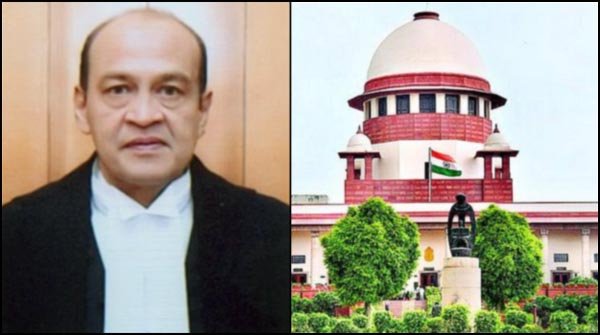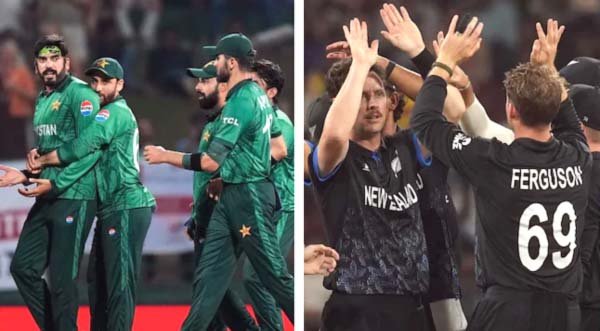New Delhi, July 28 (UNI) The Supreme Court today heard arguments in a sensitive case involving a sitting High Court judge, with Senior Advocate Kapil Sibal asserting that the recovery of unaccounted cash from the outhouse of a judge cannot, by itself, constitute “misconduct” or “proved incapacity”, the only grounds for removal under Article 124(4) of the Constitution.
A Bench comprising Justice Dipankar Datta and Justice A.G. Masih was hearing a writ petition filed by Justice Yashwant Varma, who has challenged the findings of an in-house inquiry committee that indicted him, as well as a recommendation made by then Chief Justice of India Sanjiv Khanna to the President and Prime Minister, seeking initiation of impeachment proceedings.
Sibal, appearing on behalf of Justice Varma, questioned the legal basis of the recommendation. “The Judges (Inquiry) Act governs the procedure for removal of judges.
“A mere finding of cash in the outhouse, without a clear link to misconduct or incapacity, cannot justify impeachment,” he submitted.
He added, “If cash is found in the outhouse, what specific behaviour of the judge is being impugned? There is no allegation of misconduct, much less ‘proved misbehaviour’ as required by the Constitution.”
Justice Datta, however, pointed out that such conduct could amount to “misbehaviour” under the Bangalore Principles of Judicial Conduct. Sibal acknowledged the possibility but countered that even then, it may not rise to the level necessary to warrant removal from office.
The Bench also noted that Justice Varma had not disputed the incident of fire at the premises or the subsequent cash recovery. In response, Sibal stressed that no investigative body or the in-house panel could conclusively determine the ownership of the cash, and no inference should be drawn against the judge without substantive proof.
At the core of Sibal’s argument was the contention that the Chief Justice of India has no constitutional authority to initiate or recommend impeachment proceedings. “It is for the Members of Parliament to move such a motion if they are convinced that a judge’s conduct warrants removal,” he said. “The President and Prime Minister are completely alien to this process,” he emphasized.
When Justice Datta pointed out that the committee’s findings are not considered as formal ‘evidence’ under law, Sibal replied, “Yet those findings became the basis for the CJI’s communication recommending removal. Once that happens, what is Parliament expected to do other than follow it?”
Justice Datta clarified that any removal must follow the due process laid out under the Judges (Inquiry) Act, which requires an inquiry by a three-judge committee before any motion in Parliament.
The Court has scheduled the next hearing in the matter for Wednesday, indicating that it will continue to examine both procedural and constitutional aspects of the case.











